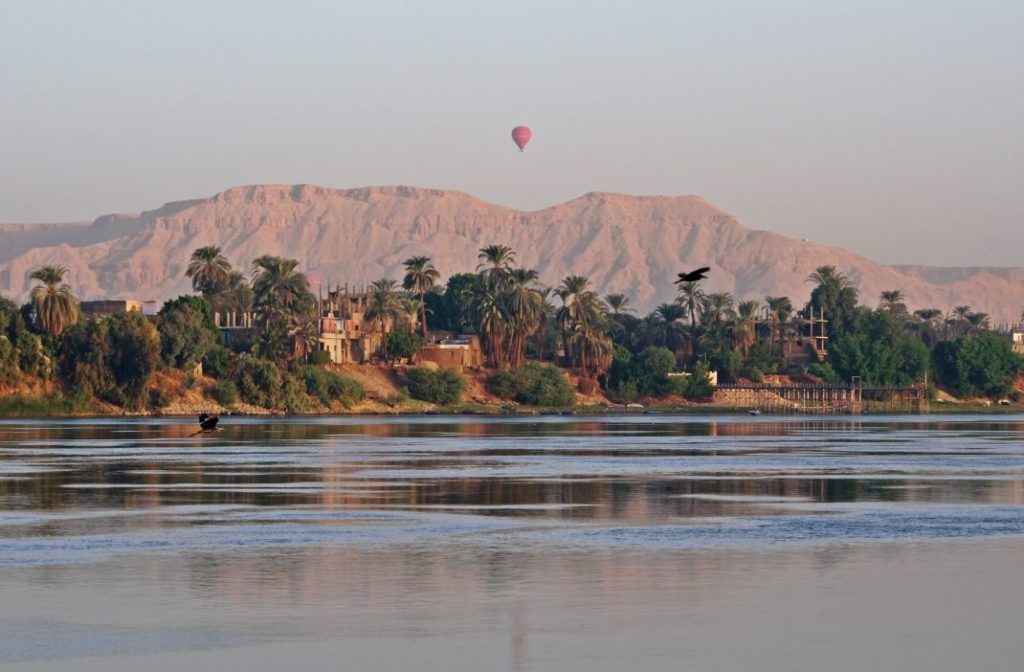Closing workshop of the ReWater MENA project in Cairo

The ReWater MENA project, funded by the Swedish International Development Cooperation Agency (Sida), and led by the International Water Management Institute (IWMI), is coming to an end. The project partners and key stakeholders will gather in Cairo on the 19 and 20 September for a closing workshop to wrap up the work done during the past four years.
The ReWater MENA project has been working since 2018 on expanding the safe reuse of water in the Middle East and North Africa (MENA), with a focus on Egypt, Jordan and Lebanon. After four years of many learnings, dialogues, collaborations and knowledge production about water reuse in the region, the closing workshop will be the occasion to synthesize the key learnings and practical outputs of the project.
The workshop participants will have the opportunity to share and discuss the main learnings and policy recommendations of the project as well as the next policy steps to follow up on the work done within ReWater MENA. During the workshop, there will also be the opportunity to present the local reuse plans designed in Egypt, Jordan and Lebanon and discuss potential implementation with uptake partners and donors. The last part will be focused on identifying collaboratively the science and policy gaps to accelerate the uptake of water reuse projects.
The project has addressed during these four years the barriers to water reuse in the region and promoted safe reuse practices that improve food safety, health, and livelihoods. Drawing on experience with water reuse strategies already developed in the region, the project identifies promising innovations and validated reuse models, with the aim of resolving past management bottlenecks. To achieve that, ReWater MENA has improved stakeholders’ capacities for safe water reuse sensitizing, training, and linking them with a network in MENA to speed up the adoption and replication of reuse solutions.
The project outcomes
Drawing on experience with water reuse strategies already developed in the region, the project identifies promising innovations and validated reuse models, with the aim of resolving past management bottlenecks. At a local level, ReWater MENA has developed water reuse plans for six sites in Egypt, Jordan and Lebanon including conceptual designs and associated implementation plans for feasible water reuse solutions at the selected sites. On the national level, the project has built on the current policies to develop national strategies designed collaboratively by all stakeholders involved in the water cycle. The project is helping countries make the next policy step based on stakeholder demand.
Following the insights and knowledge acquired during these four years, the ReWater MENA project has developed a series of thematic briefs tackling the main barriers to the implementation of water reuse projects in the region: social acceptance, governance frameworks, gender mainstreaming and project economic revenues. These briefs aim to serve as guidelines for planners, investors, project designers and operators implementing water reuse projects.
ReWater MENA also developed a series of regional science policy dialogues and training courses to strengthen the capacities of stakeholders in the field of safe use of wastewater. The trainings tackled the following topics: reuse technologies, economic models for reuse projects, reuse safety plans, reuse governance, public acceptance, and gender integration in reuse interventions. All training materials are available online on the project e-learning platform.
The project partners have been developing deep research on water reuse in the MENA region, focusing on Lebanon, Egypt, and Jordan. As an outcome, the project has developed research papers on key topics in the field, such as water reuse for agriculture or emerging pollutants in the region’s waters. The project’s scientific publications can be accessed on the ReWater MENA website.
The final project result will be a MENA water reuse sourcebook that will be published this autumn. The book will document lessons from existing innovations, validated and promising reuse models, and past management challenges in and beyond the region.
